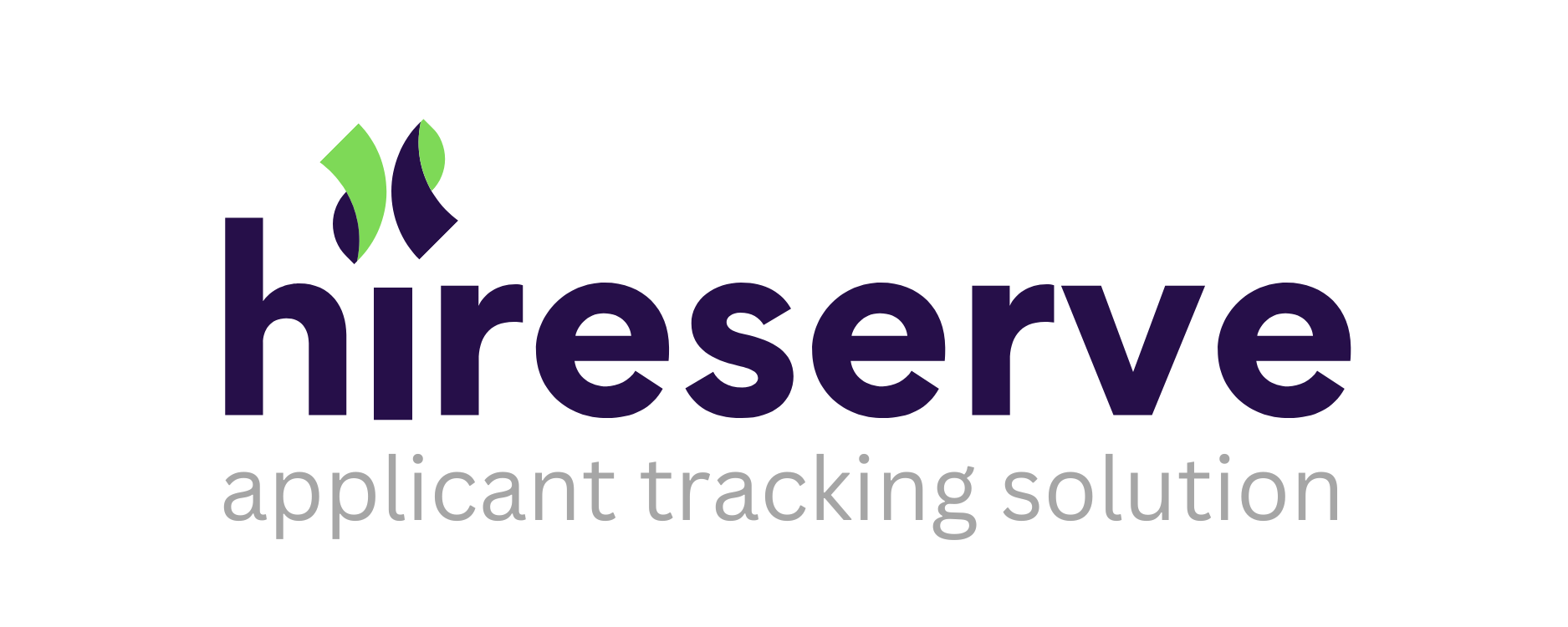Hiring managers play an important part in the recruitment process requiring an active involvement in sourcing and interviewing the best talent for open positions. Yet, many organisations face the challenge of low hiring manager engagement. When a hiring manager is disengaged, the recruitment process can become drawn out, leading to a decline in candidate experience, backlog of unfilled roles, and a high turnover rate.
We have a compiled a list of what can cause disengagement and strategies to help improve your hiring managers engagement.
Reasons a hiring manager may not be engaged
1.They had a bad experience or do not trust HR.
It is possible that a hiring manager may have a poor opinion around recruitment and HR which can negatively impact engagement.
2. They do not know how the recruitment process works.
If they are unsure on the recruitment process it may cause them to lack confidence which can lead to poor engagement.
3. They are too busy.
If the process is not streamlined, then many hiring manager feel burdened and become disengaged from the process.
4. They do not know what to ask for.
They do not fully know what they need and how to get it when it comes to the recruitment process.
5. They are not confident in their ability to interview or screen applicants.
Identifying any skills gaps is important to make sure that hiring managers are confident throughout the process.
Align on expectations and goals
A hiring manager with good engagement has a clear idea around expectations and goals with strong communication amongst internal teams. At the start of the recruitment process, hiring managers and HR should meet to align on key aspects of the hiring strategy.
Role Requirements: Discuss and outline specific skills, experience and qualities needed for the role. Making sure that both parties have a shared understanding of the job description and candidate persona.
Timeline: Agree on a realistic timeline for the hiring process, including deadlines to review CVS, interviews and decision making.
KPIs: Set clear KPIs for the hiring process, such as time-to-fill, candidate quality, and interview-to-offer ratio and keep track of them.
Provide Training and Resources
Hiring managers are often juggling multiple responsibilities, and recruitment may not be their primary focus. Providing training on the recruitment process can help increase their engagement by building their confidence and competence.
Interview Training: Teach hiring managers how to effectively conduct interviews to better evaluate candidates.
Learn more about interview techniques here.
Bias Awareness: Training hiring manager on unconscious bias is crucial to ensure a fair and equitable recruitment process, which can lead to better hiring decisions and a more diverse workforce.
Want to better understand unconscious bias? Read our article here.
ATS Training: Making sure that your hiring managers are comfortable using your organisations ATS such as Hireserve or other recruitment tools can help create a smoother process.
By providing these resources you can help hiring managers feel more empowered and less burdened by the recruitment process, leading to higher engagement levels.
Simplify the Recruitment Process
Overly complex recruitment process can discourage hiring managers from participating actively. By simplifying the process can lead to greater engagement. Some strategies include:
Streamline the Workflow: Minimise the number of steps and approval stages in the recruitment process. By using your ATS to help automate repetitive tasks, such as scheduling interviews and sending updates.
Provide Clear Guidelines: Offer clear guidelines for each stage if the recruitment process, including how to review CVs, conduct interviews and provide feedback. This clarity helps your hiring managers understand what is expected of them and reduces any uncertainty that can lead to a disengagement in the process.
Reward Engagement
Acknowledging and rewarding hiring managers for their involvement in the recruitment process can go a long way in improving engagement.
Public Recognition: Make sure you are recognising hiring managers who are consistently engage in the recruitment process and contribute to successful hires.
Performance Incentives: Consider offering incentives for successful hires this could be in the form of bonuses, additional time off or other rewards.
Accountability
Accountability is key to maintain hiring manager engagement. Without it, even the most motivated hiring manager may lose focus.
Set Clear Expectations: At the start of the process, you clearly outline the hiring managers responsibilities and deadlines.
Track and Report Progress: Use recruitment metrics to track progress and report on the hiring managers involvement. Regularly share updates on time-to-fill, candidate feedback and any other relevant metrics.
Follow Up: If a hiring manager misses a deadline or fails to provide feedback, follow up promptly to understand the reasons and reiterate the importance of their role in the hiring process.
Gather and Act on Feedback
Engagement is a two-way street. Just as hiring managers need to be involved in the recruitment process, they also need to feel heard. By asking for feedback on the recruitment process and being willing to adjust based on the hiring manager input can help increase their engagement.
Post-hire debrief: After a new hire is made, conduct a debrief with the hiring manager to find out what improvements could be made to the recruitment process.
Surveys: Sending out surveys to hiring managers to gather feedback on the recruitment process, tools and communication can help them feel heard especially if the feedback is implemented.
Improving hiring manager engagement is crucial for a successful recruitment process. By aligning on expectations, providing training, simplifying the process, rewarding effort, promoting accountability and being open to feedback, can help organisations create an environment where hiring managers are actively involved and committed to making the best hiring decisions. Having engaged hiring managers will contribute positively to the recruitment process, leading to better hires, and an improved candidate experiences, and a stronger workforce.


